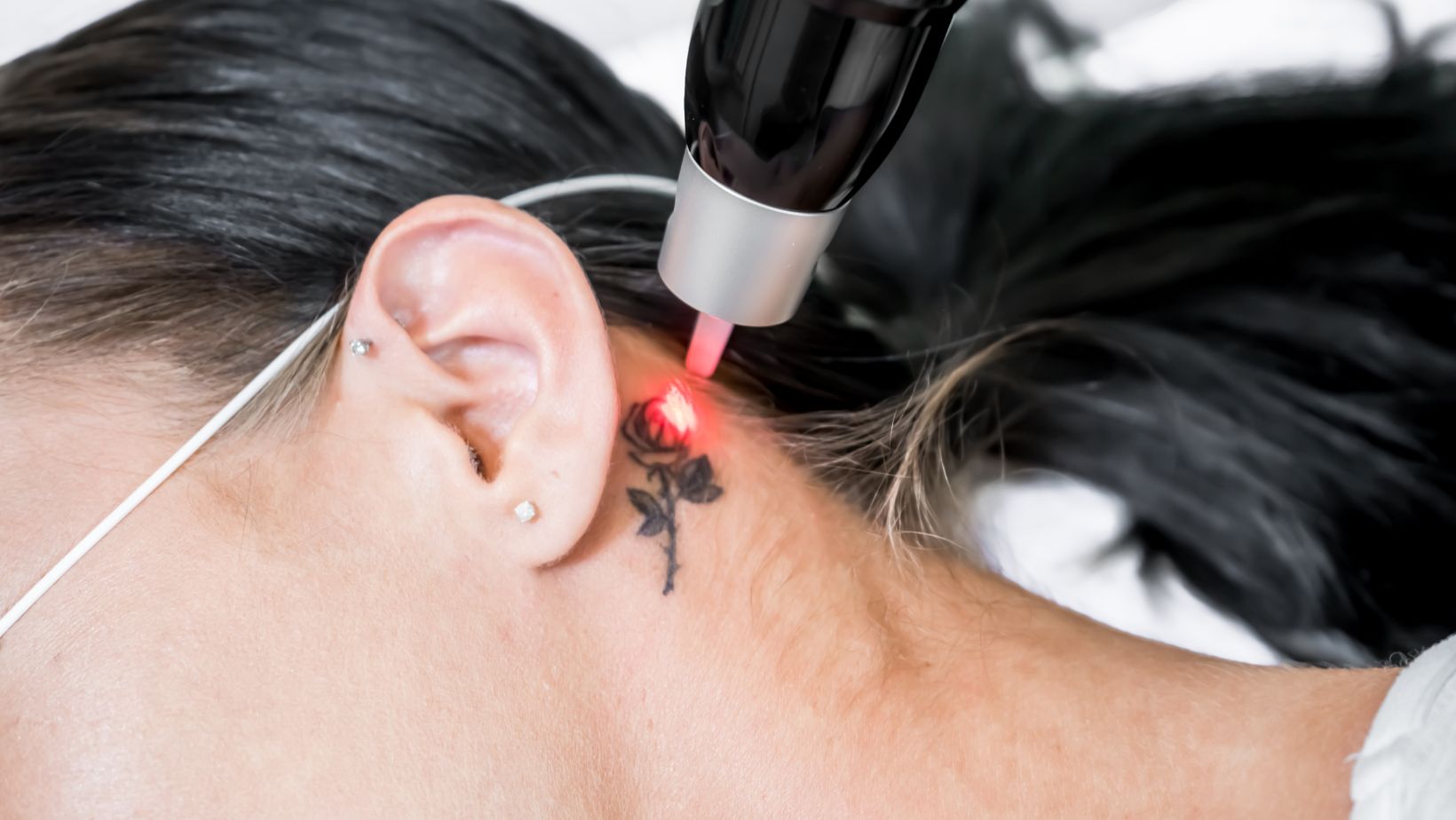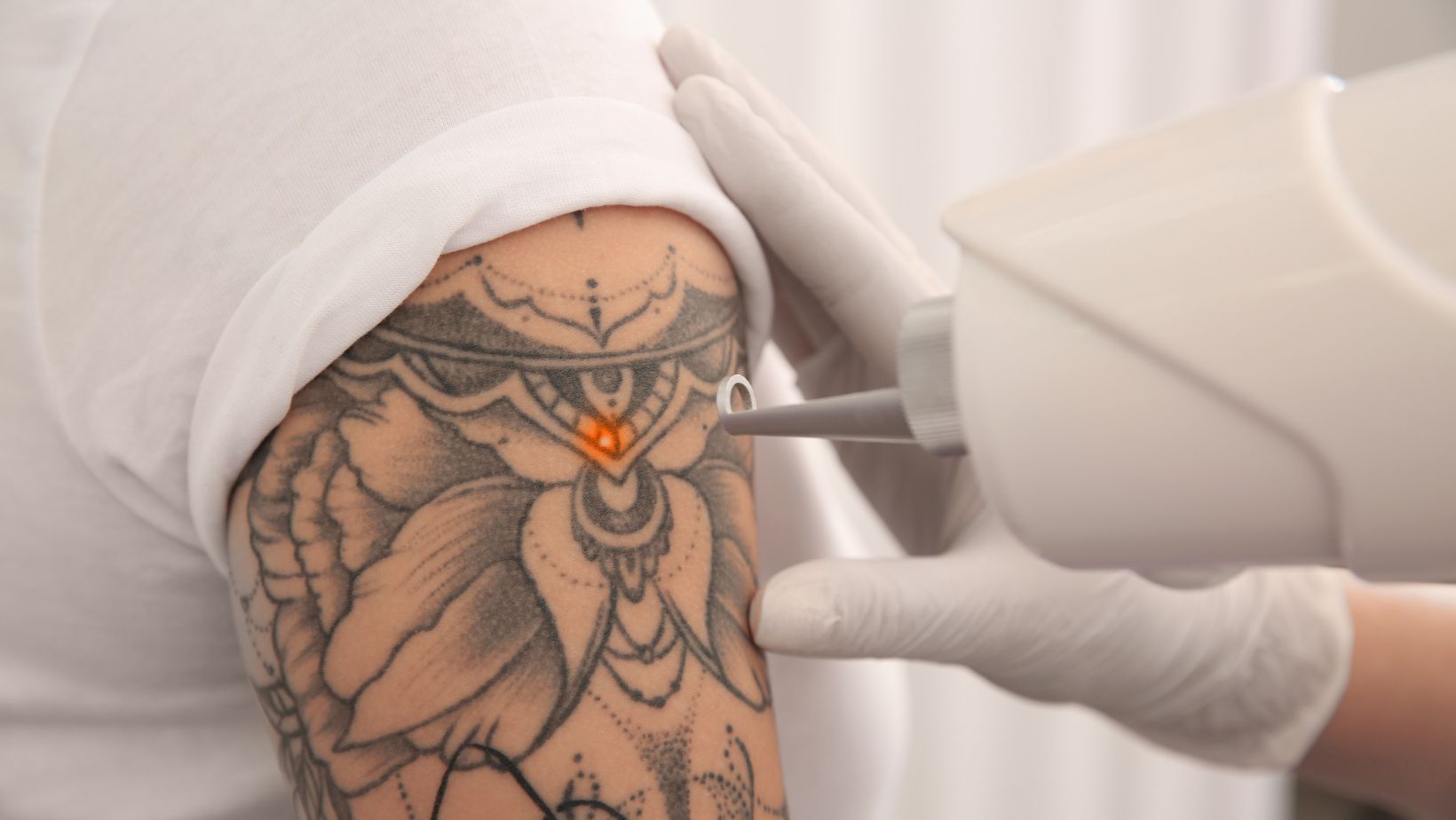Tattoos are a popular form of self-expression, but sometimes people change their minds or need to remove them for personal or professional reasons. If you’re considering tattoo removal, you may be wondering whether your insurance will cover the procedure. In this article, we’ll explore the relationship between insurance and tattoo removal, and what you need to know before seeking treatment.
Does Health Insurance Cover Tattoo Removal?
In most cases, health insurance does not cover tattoo removal because it is considered a cosmetic procedure. This means that the removal is not deemed medically necessary, and you’ll likely have to pay out of pocket for the treatment. However, there are some exceptions to this rule.
When Might Insurance Cover Tattoo Removal?
There are a few situations in which your insurance might cover tattoo removal:
- If the tattoo is causing a medical issue, such as an allergic reaction or infection, your insurance may cover the removal as a necessary medical treatment.
- If you need to remove a tattoo for a medical procedure, such as an MRI or surgery, your insurance may cover the removal.
- Some employers, such as the military or certain professions, may require tattoo removal and cover the cost as part of their policies.
How Much Does Tattoo Removal Cost?
The cost of tattoo removal varies depending on factors such as the size, color, and location of the tattoo, as well as the type of technology used. On average, a single session can cost anywhere from $200 to $500, and most tattoos require multiple sessions for complete removal. This means that the total cost of tattoo removal can range from several hundred to several thousand dollars.
Financing Options for Tattoo Removal
If your insurance doesn’t cover tattoo removal and you’re concerned about the cost, there are financing options available.
Many tattoo removal clinics offer payment plans or financing through third-party lenders. Some clinics also offer discounts for multiple sessions or package deals.
Choosing a Tattoo Removal Provider
When selecting a tattoo removal provider, it’s essential to choose a reputable clinic with experienced professionals. One option is Triad Laser Tattoo Removal, a leading tattoo removal in Greensboro, North Carolina. They use state-of-the-art technology and have a team of skilled technicians who can help you achieve the best possible results.
Alternatives to Tattoo Removal
If you’re unsure about tattoo removal or the cost is a barrier, there are alternatives to consider:
- Tattoo cover-ups: If you still want a tattoo but don’t like your current one, you can have it covered up with a new design.
- Tattoo lightening: If you don’t want to remove your tattoo completely, you can have it lightened to make it less noticeable.
- Makeup or clothing: You can use makeup or clothing to cover your tattoo temporarily for events or situations where you don’t want it to be visible.
Conclusion
In summary, while most insurance plans don’t cover tattoo removal, there are some exceptions for medical necessity.
The cost of tattoo removal can be significant, but financing options and alternatives are available. If you’re considering tattoo removal, do your research and choose a reputable provider to ensure the best possible outcome.

